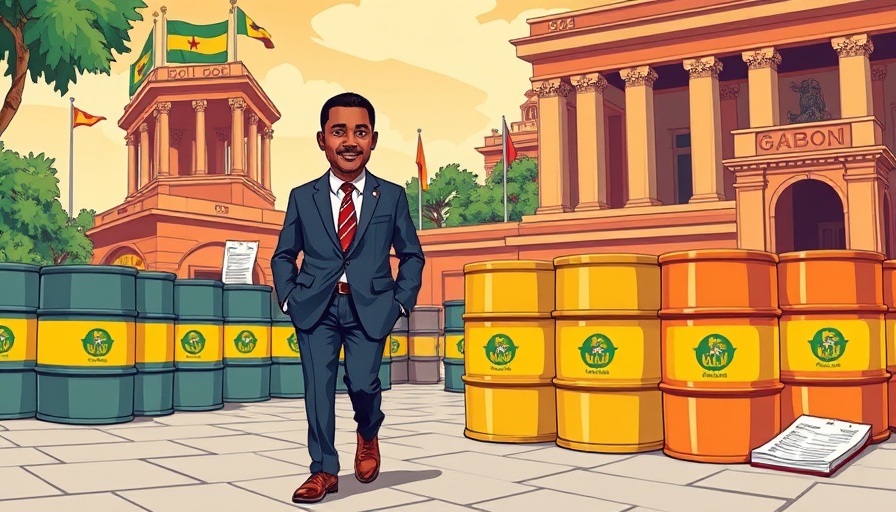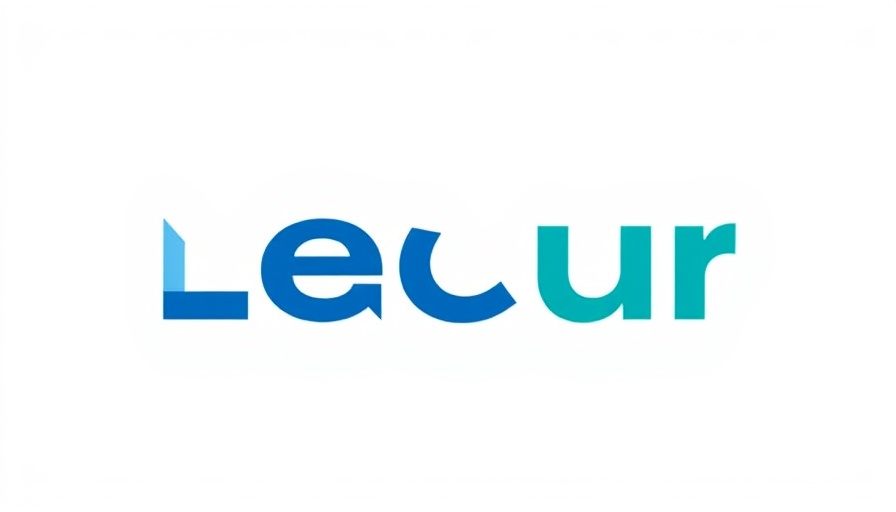
Unlocking Gabon's Oil Secrets: The Gunvor Deal
In a high-stakes maneuver that has left the oil industry buzzing, Gunvor, the Geneva-based trading firm, has offered a substantial $1 billion loan to Gabon Oil Company (GOC) for the nationalization of Assala Energy's assets. This major deal, finalized in June 2024, not only shifts the balance of power in Gabon's oil sector but also raises critical questions about governance and transparency in the country’s energy dealings.
The Anatomy of a Mega-Deal: Behind Closed Doors
The agreement grants Gunvor the exclusive rights to market the crude oil extracted from these assets, positioning them as a formidable player in Gabon’s oil-exporting landscape. Yet, the intricacies of this arrangement hint at a much darker narrative, laden with concerns over corruption, governance, and the often murky waters of international trade.
Implications for Gabon's Governance and Economy
As Gabon navigates these complex waters, the implications of such financial dependencies could stretch far beyond the immediate economic benefits. With global oil prices fluctuating and demands for sustainable practices increasing, how effectively will Gabon manage its resources under this new arrangement? The Gunvor secret holds profound significance for Gabonese citizens, particularly regarding governance, human rights, and economic development.
Reflecting on the Historical Context
This deal draws a parallel to Gabon's past struggles with transparency in resource management. Historical corruption scandals have plagued the oil industry, undermining trust in governance structures. As Gabon seeks to assert its autonomy, the successful implementation of this deal might either foster greater economic growth or contribute to ongoing cycles of mismanagement.
Future Predictions: What Lies Ahead?
Looking forward, the Gunvor deal could serve as a turning point for Gabon—either as a catalyst for positive change or a grim reminder of vulnerabilities within a burgeoning economy. Experts speculate whether this partnership will bolster Gabon’s infrastructure and renewable energy efforts or deepen existing disparities linked to corruption and bureaucratic inefficiencies.
Calls for Accountability and Reform
In light of the Gunvor deal, the demand for robust reforms in governance has become increasingly paramount. Gabonese citizens and international observers alike are championing calls for transparency, particularly regarding the use of oil revenues. The deal may serve as a litmus test for Gabon’s commitment to improving governance and adhering to democratic principles.
The Role of Global Stakeholders
Questions loom over how other key players, including the African Union and the United Nations, will respond to this unfolding story. The international community’s engagement could be crucial in ensuring Gabon’s trajectory aligns with global standards of accountability and ethical governance.
Learning from Other Nations: Global Perspectives on Resource Management
Similar scenarios across Africa and beyond illustrate the complexities that come with managing natural resources. Nations like Nigeria and Angola have had analogous dealings that, while lucrative, often came at a high societal cost. As Gabon embarks on a critical journey navigated by powerful foreign firms, will it learn from the missteps of its peers or inadvertently repeat history?
The significance of understanding the dynamics of deals like those orchestrated by Gunvor cannot be understated. They touch on salient issues such as governance, economic growth, and the empowerment of Gabon’s youth. With proper oversight, it could lead us towards a more prosperous and equitable future for this beautiful nation.
As you think about these issues, consider engaging with Gabon's unfolding story and reflecting on how international relationships influence the local governance landscape. It's time for us as global citizens to illuminate tales of struggle, resilience, and innovation.
 Add Row
Add Row  Add
Add 




Write A Comment